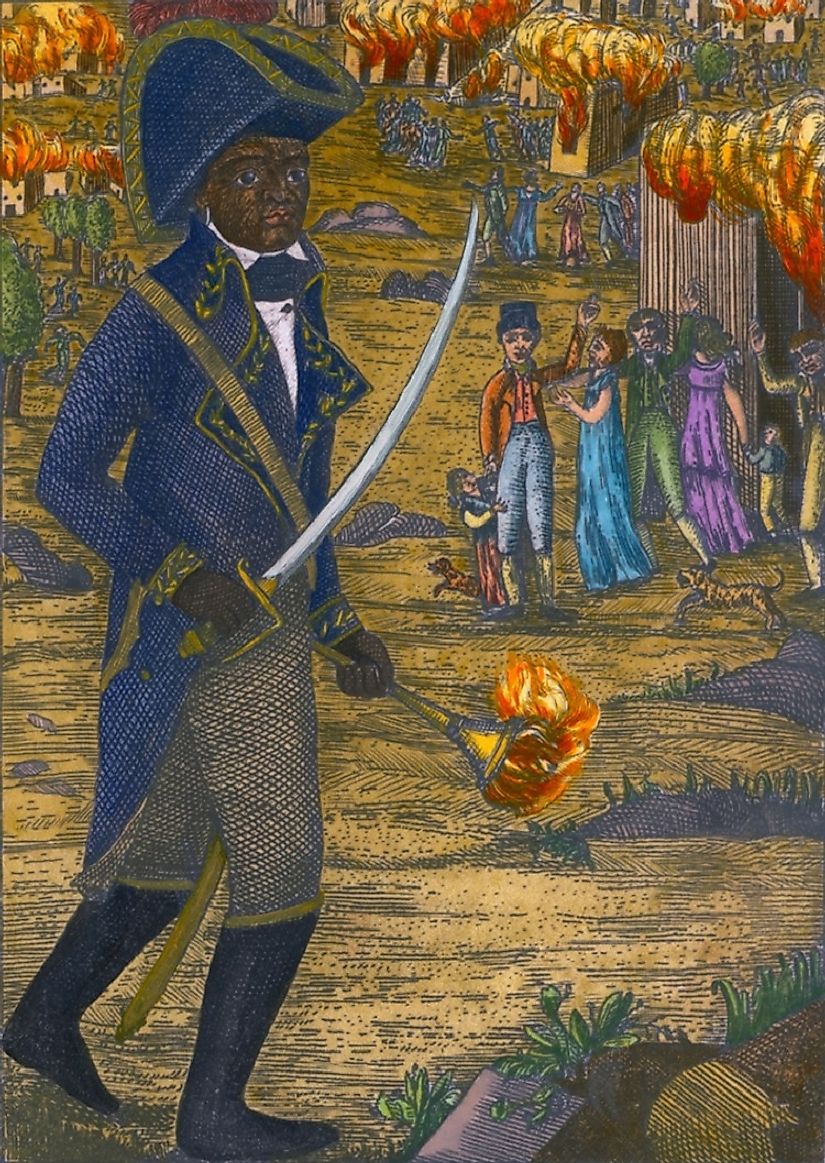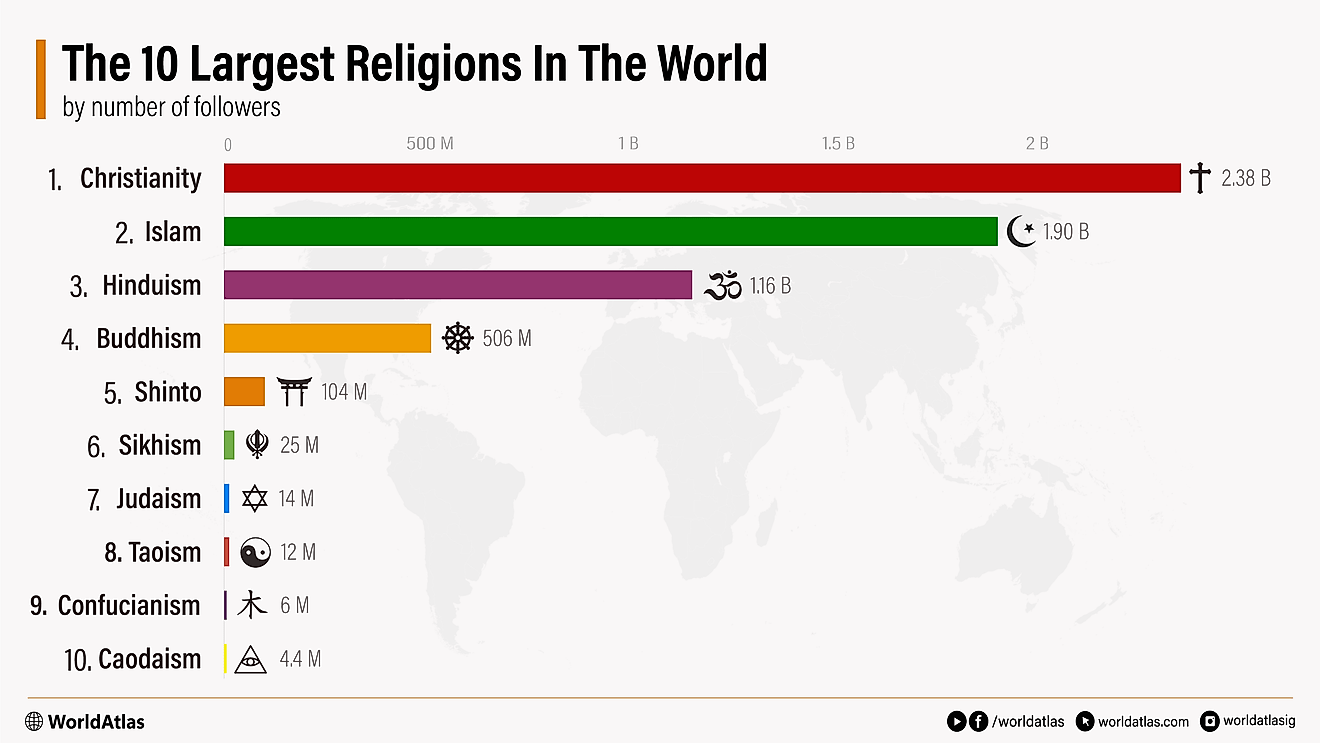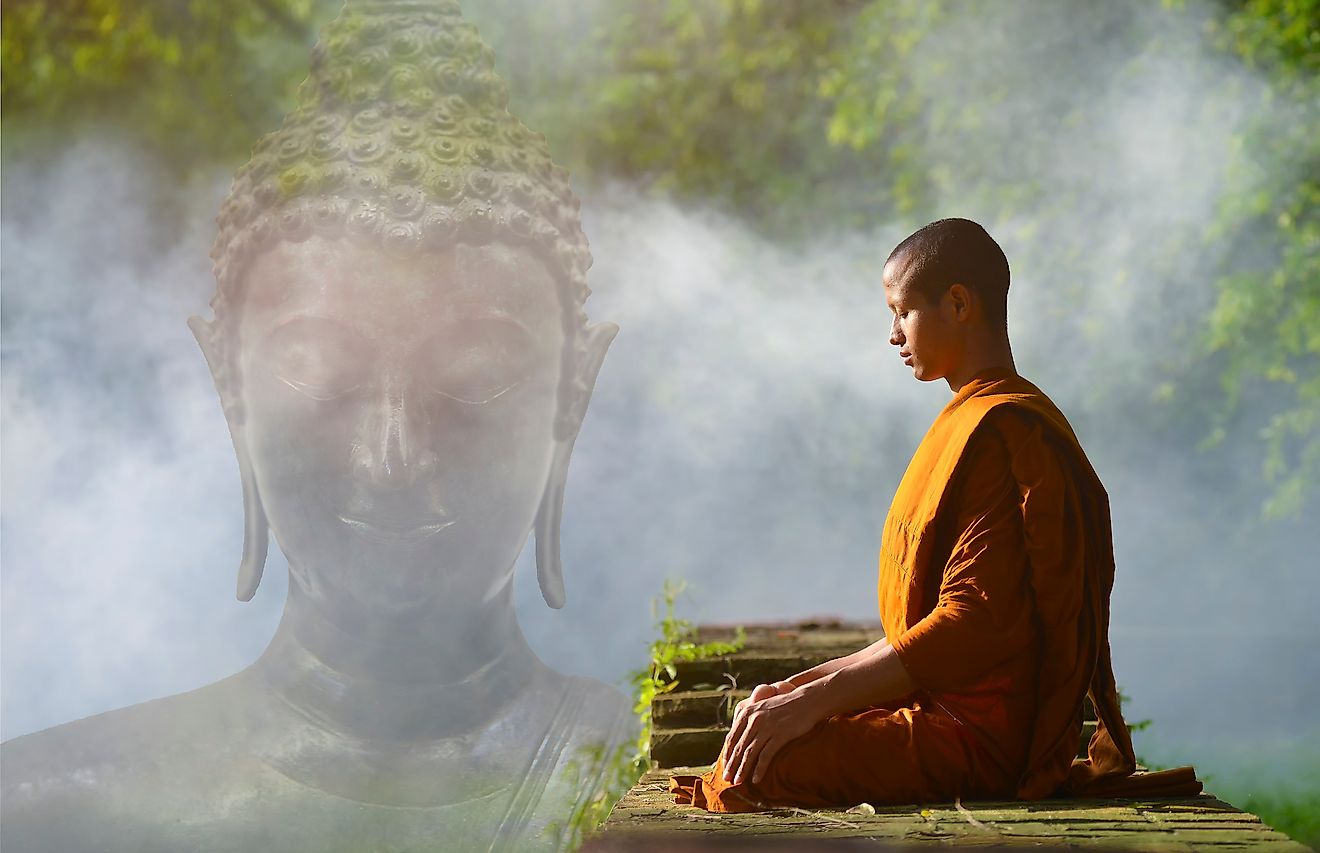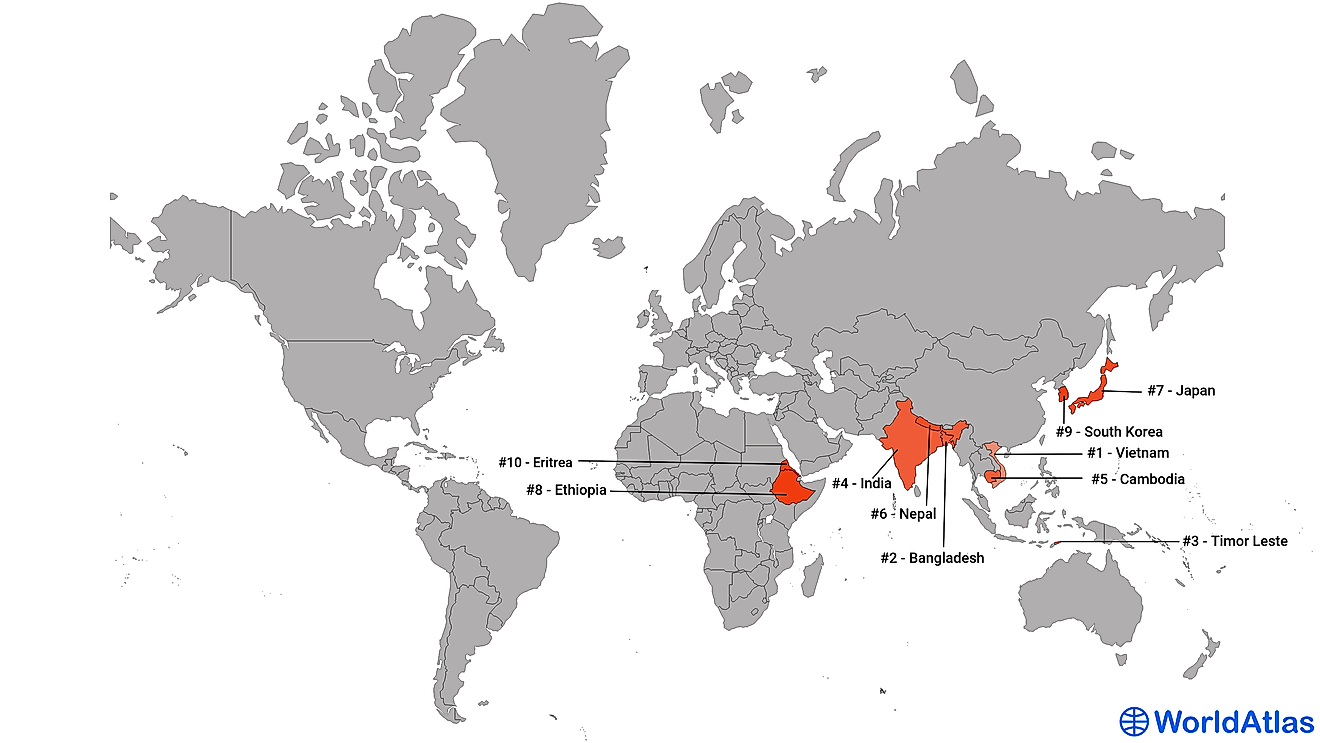Henri Christophe of Haiti - World Leaders in History

5. Early Life
Henri Christophe was born on October 6th, 1767, in Grenada. His father was a freeman and his mother was a slave. He was brought to Saint-Domingue (then the name for Haiti, which was a French colony at the time) as a slave. In 1780, during the American Revolution, he fought in a French unit at Savanna, Georgia. After the war, he returned to Saint-Domingue, and worked many service jobs. Then he went to work as a domestic in the Couronne Inn, and married the daughter of the proprietor. During that time he also gained his freedom and became a freeman. After the French Revolution broke out, the revolutionary spirit soon spread into Haiti and gave rise to widespread calls for freedom. In 1791, there was a massive slave uprising against the French colonial powers, and Christophe joined the party of the Haitian independence leader, Toussaint Louverture, in 1793. Christophe worked his way up and soon became one of Louverture's chief lieutenants in fighting the French colonists, the British, and the Spaniards, before ultimately fighting French military men that stepped in to unsuccessfully quell the uprising.
4. Rise to Power
After he had joined Jean-Jacques Dessalines, Christophe helped him successfully defeat the French. The colony gained independence in 1804, and was renamed as Haiti. After Dessalines' assassination, Christophe was appointed as president for a four-year term, though he was unhappy with it, and attempted a coup that failed. In 1807, Christophe formed a "State" of Haiti, and set himself up as the ruler of the new state, whereas the southern territory was under the control of rival Alexandre Pétion. The battles between Christophe and Petion were brutal, and lasted for many years, but Christophe was unable to concur Petion. After a failed siege in 1807, he retreated to the north and focused on establishing a stable government there. After finally reaching an informal peace agreement with Petion, Christophe crowned himself as King of Haiti in 1811.
3. Contributions
Christophe played a crucial in helping facilitate Haiti's achieving of its independence. And then, as a ruler, he set into place a constitution that recognized every person in the State of Haiti as being free, and in doing so abolished slavery once and for all there. He also established a council of state to govern the state more effectively as well. After making himself the King of Haiti, he introduced paid labor, and significantly developed Haiti's economy and integrated it into the world economy as a larger player. Christophe also helped set solid foundations for Haiti's agricultural infrastructure, and also introduced a more advanced, and comprehensive, school system which was based on the British Lancastrian system, which incorporated peer tutoring. Grammar schools were built to provide Haitians with traditional education, and trade schools were also established to help citizens to cultivate practical, professional skills.
2. Challenges
During much of the duration of his reign, Christophe and his Kingdom were under the potential threat of his powerful rival, Petion. Years of civil conflict and war led them to a truce, though not until 1807. Following the truce, he focused all of his efforts into building a strong kingdom. Although Christophe made many accomplishments in the early years of his reign, his power was significantly challenged as time went on. He became more tyrannical and abused his power, and therefore induced distrust and discontent among his officers and advisors. Meanwhile, his order to grant every person in Haiti equal freedom aroused hostility from the mulattos, who believed that they were superior to those of purely African descent, and their stance posed a serious threat to Christophe's rule.
1. Death and Legacy
In 1820, facing a assassination undertaken by the troops and officers, Christophe ordered his loyals to leave, and committed suicide with a pistol in his palace. Today, Christophe is remembered as one of the most important political figures in Haitian history. He helped Haiti to gain its independence from colonial powers, and Haiti was the first country with a majority of people African descent to become independently free from European powers. He also established a stable government in Haiti, and had profound political influence on the country that lasts to this day. His Kingdom became part of the Haitian Republic in 1821 and, although his late policies caused many to become discontent, it was generally recognized that he was a devotee to his country and his people.











